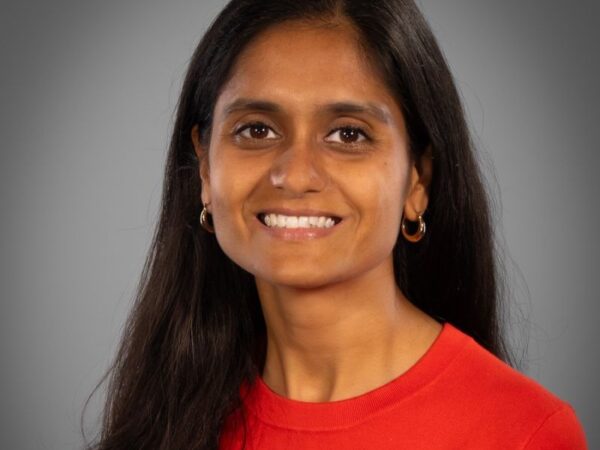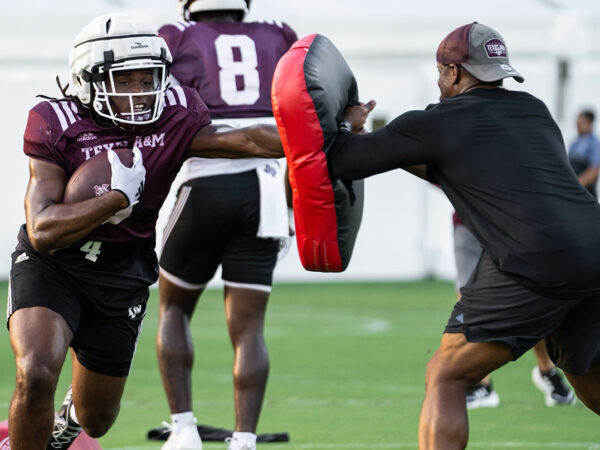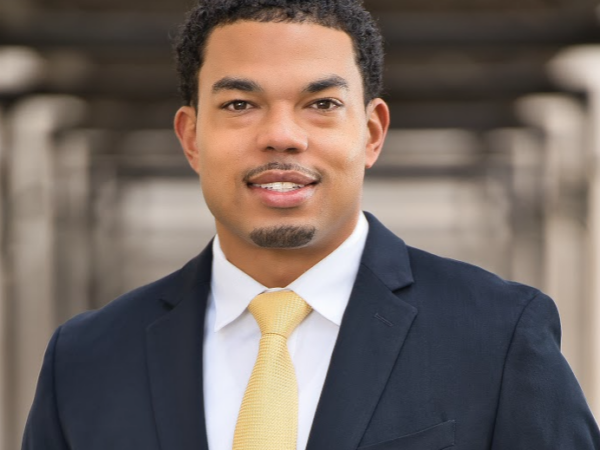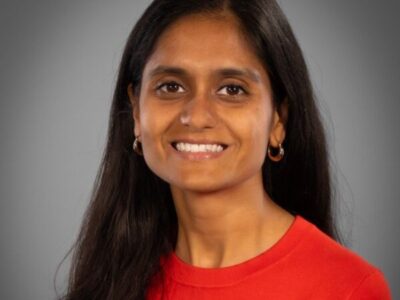
Professor’s Research Analyzes LGBT Involvement In Olympics
With the 2016 Summer Olympic Games underway, researchers within the college and members of the LGBT community worldwide are watching how over 40 transgender athletes will perform in Rio.
The XXXI Olympiad is the first in Olympic history to include transgender athletes in competitions including Women’s basketball, track, soccer, diving, and rowing.
Dr. George Cunningham, director of the Laboratory for Diversity in Sport, has researched issues facing the LGBT community in professional sports and the changes facilitated by the International Olympic Committee (IOC).
Of all the athletes in the LGBT community, Dr. Cunningham’s research concluded transgender athletes having the highest amount of prejudice.
“There is more prejudice towards trans athletes than there is toward lesbian, gay, or bisexual individuals, and even more than other minority groups,” said Dr. Cunningham. “Even though they are frequently included together, there are different attitudes and prejudices expressed toward members of the LGBT community.”
Until January, the IOC stipulated that transgender athletes looking to compete on the Olympic level had to go through sex reassignment surgery and hormone therapy before competing.
The IOC has since changed this rule citing that any athlete assigned as female at birth but identifies as a male, can now compete. In addition, any athlete assigned male at birth who identifies as female, must have a year of testosterones levels under a certain specified point. Dr. Cunningham attributed a number of reasons to the change.
“Governing bodies like the IOC usually won’t shift if there’s only social pressure, but they will if there is legal analysis and science attached to it,” explained Cunningham.
Dr. Cunningham’s own research illustrates that despite ongoing prejudices in specific pockets of the athletic community, the IOC is moving toward a more progressive mindset. Athletes like Chris Mozier, the first openly trans member of Team USA, are now setting a precedent for other LGBT athletes and future trans Olympic hopefuls.
“Everyone should have the opportunity to compete to the best of their abilities and demonstrate it on a worldwide stage,” Dr. Cunningham said. “Amongst those competing and claiming to be the best in the world – those athletes should not only include people from different countries, but also sexual orientations and gender expressions.”
Written by Justin Ikpo (cehdcomm@tamu.edu)
For media inquiries, contact Ashley Green.













